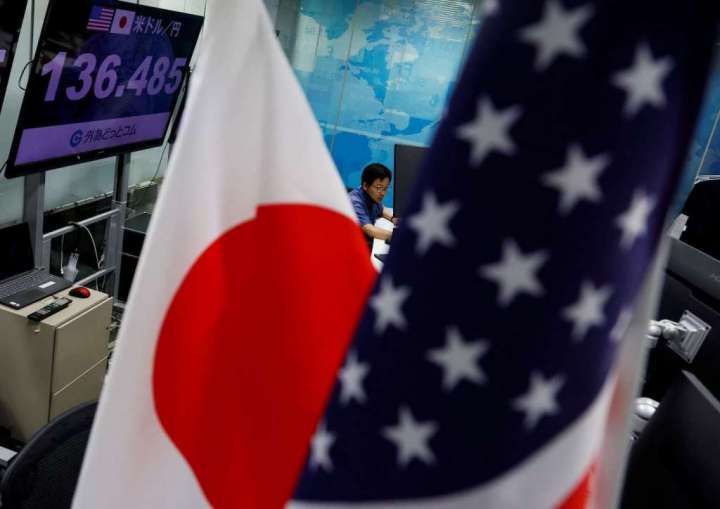It is difficult to describe the shock that went through Japan after the assassination of former prime minister Shinzo Abe on Friday by a gunman in a society where shootings of any kind are all but unknown, let alone a fatal one involving a major political figure. Also difficult to express, in a different way, is how admirably resilient Japanese democracy has just shown itself to be. Voters still reeling from the tragedy turned out in large numbers Sunday to elect new members for the upper house of Japan’s parliament. “It was extremely meaningful that we carried out the election,” said Fumio Kishida, Mr. Abe’s most recent successor as prime minister after Mr. Abe’s retirement in late 2020 because of a chronic illness. “Our endeavor to protect democracy continues.”
The U.S. should support Japan’s move to legitimize its military

Protecting Japan and its democracy was the mission that defined Mr. Abe’s own career, which included two stints as prime minister, from 2006 to 2007 and 2012 to 2020, the latter being the longest in the country’s modern history. Even after he stepped down, Mr. Abe remained a politically influential leader of the conservative ruling Liberal Democratic Party, for whose candidates he was campaigning when attacked. Mr. Abe saw, however, that in order to protect his country’s post-World War II development, he would have to update it: by shaking up its torpid economy through the aggressive stimulus plan known as Abenomics; by articulating a new strategic vision for the “Indo-Pacific” (his coinage) in conjunction with the United States, India and Australia; and by modernizing Japan’s military. All of the above, Mr. Abe correctly saw, was necessary to counter China’s rise — and the possible threat to Taiwan — as well as North Korea’s nuclear potential.
At the time of Mr. Abe’s death, neither he nor his successors had been able to complete his program. The Trans-Pacific Partnership free-trade agreement would have connected the U.S. and Japanese economies more thoroughly, along with those of nine other nations. But Donald Trump scuttled TPP as president despite Mr. Abe’s aggressive efforts to court him, and President Biden has not revived it. On another crucial point, though, Sunday’s election advances Mr. Abe’s agenda of amending Japan’s 75-year-old constitution to clarify the legality of its military forces. Supporters now control the necessary two-thirds of both houses to enact it, subject to a national referendum. The idea is to end an outmoded legal ambiguity: The document, drafted under U.S. tutelage after World War II, “forever renounce[s] war,” and promises “never” to maintain “land, sea, and air forces” — and yet Japan spends about $50 billion per year on a 250,000-member “self-defense force.”
The United States and other democracies should support the legitimation of a democratic Japan’s military capability. To be sure, many in Japan, mindful of militarism’s awful legacy, still recoil from the idea. South Koreans and Chinese have their own bitter memories of Japanese occupation. And no doubt support for an amendment is strongest in Japanese conservative nationalist circles, which Mr. Abe long represented.
Nevertheless, the proposed amendment would only legalize what is already reality — Japan has land, sea and air forces. It would not repeal the renunciation of war, but would ease Japanese help with collective security, possibly including defense of Taiwan. Twenty-first-century Japan is a trustworthy member of the international community; its contribution to global security is even more necessary now than it was before Russia’s invasion of Ukraine. Mr. Abe is gone too soon. The impact he made, on Japan and the world, should not be forgotten.






